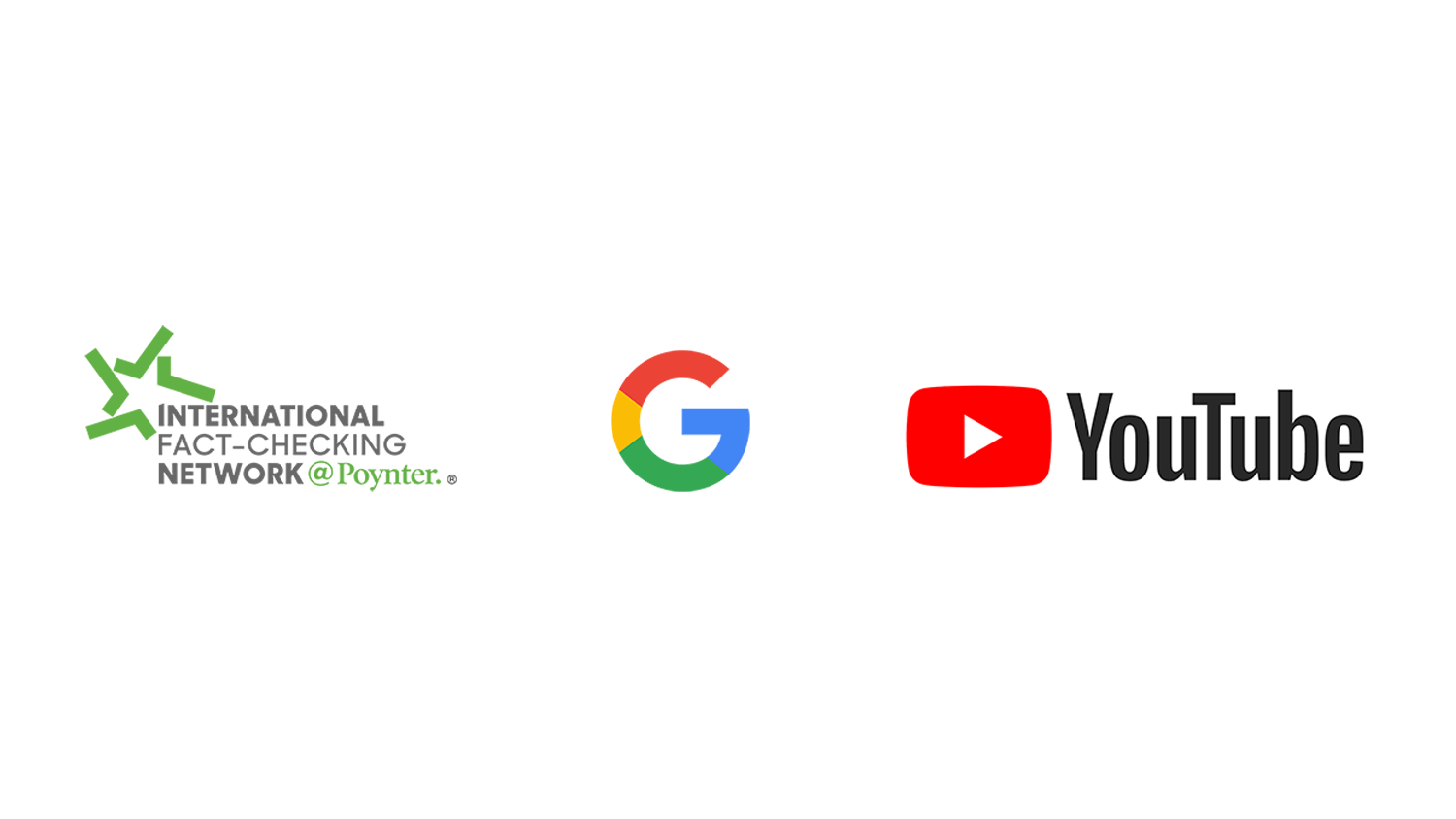Below is an excerpt from The Collective, Poynter’s newsletter by journalists of color for journalists of color and our allies. Subscribe here to get it in your inbox the last Wednesday of every month.
Usually, advice from the Council of Truth-Tellers is a subscriber-only feature. This month, we’re publishing the Truth-Tellers’ thoughts in full — and we encourage you to submit more questions. As soon as you subscribe, you’ll have access to our archive of Truth-Tellers’ wisdom, including some responses that were shortened for the newsletter. Since April, they have addressed whether to work in a newsroom with zero JOCs, journalists as activists and more.
Dear Council of Truth-Tellers:
What are the pros and cons of taking a DEI-specific newsroom role? The possibility inevitably turns to, “Why are JOC always called on to clean up a mess?”
Our Truth-Tellers respond.
Jan Mireles Larson: Is this a passion? If the DEI-specific role speaks to you, great. It is an opportunity to shape and guide newsroom policy and practice. If it isn’t, don’t feel obligated. Just because you are a JOC doesn’t mean you have the skill set or motivation to do the job.
Corey Rose: Regarding DE&I roles, pros include the ability to lead and foster a safer work environment for yourself and others. The cons are that if you work for a company or institution where higher leadership doesn’t see diversity and inclusion as necessities, you will likely run into issues implementing the programs and policies you are passionate for.
Jan: If you decide to accept the post, make sure you know what you are getting into: What resources will you have? What authority? What are the specific objectives, and how will success be measured? Is the person you’ll report to going to support you?
Corey: Also before accepting the role, make sure you are clear on how much budget is being allocated for DEI initiatives!
Dear Council of Truth-Tellers:
Should I consider a master’s program instead of entering the job market? Do employers look favorably on additional education, or would it be better to take a low-paying job now and start paying off undergrad loans?
Our Truth-Tellers respond.
Corey: I chose to enter my master’s program because I spent my last year and a half of undergrad on Zoom and I felt that though I had a degree, I hadn’t learned everything I need to feel confident pursuing a legit career in journalism.
Leah Donnella: I didn’t go to grad school because I could not bear the thought of being in school anymore. I’m very much motivated by getting to work on projects that are tethered in the real world. And will see the light of day. And by getting paid. If you’re someone who is more into the idea of studying and perfecting the craft of journalism, maybe more training is right for you. And remember, it’s never too late to go to grad school.
Jan: I’m biased. I worked first, then went to grad school. I noticed a difference between grad students who came straight from college and those who had worked first. Some considered it an extension of undergrad. I had four years of full-time daily journalism — time spent developing sources, making deadlines and breaking stories — so I had confidence rooted in professional experience and knew what I wanted from grad school.
Corey: Knowing what you want out of the experience is so important. Journalists of color don’t have the privilege to collect degrees just because.
Jan: Corey, I get what you’re saying. On a personal note, you will never be the typical grad student. You have a level of maturity and insight that is impressive.
Corey: Thank you! I try 🥺🥺
Jan: The added benefit of grad school is that you can often tap into a network of alum and larger news outlets that will value your areas of specialization such as data journalism or political reporting.
Corey: I also think about the ways higher education can be used in the industry to gatekeep, so having a terminal degree in journalism will open different employment opportunities as you progress through your career.
Jan: Absolutely. It gave me the opportunity to transition to teaching.
Dear Council of Truth-Tellers:
My name is often butchered. Am I obligated to create a “professional” name out of convenience for others?
Our Truth-Tellers respond.
Leah: NO. Hard no. Nope. No.
Jan: Names matter. If you like yours, keep it. Find a mnemonic device to help others learn the correct pronunciation.
Corey: Set those boundaries around how you allow others to identify you now before it snowballs into an HR issue later.
Dear Council of Truth-Tellers:
Does taking a top leadership position in student media improve my chances of getting a job?
Our Truth-Tellers respond.
Corey: It’s not about the title. It’s about what you did while you had that title! Being an EIC of a campus paper doesn’t mean anything if you didn’t take steps to make the paper better while you were there. If you enter a student leadership position at a public institution, know that you won’t be on the beat like Lois Lane. You will be spending more time managing personalities and schedules. If you want clips, just report and make the place better that way.
Jan: Yes, there can be a benefit. You learn not only about doing journalism but about managing people and collaborating to get a job done. If nothing else, you’ll have some idea of what your editors deal with on a daily basis and skip some of the rookie mistakes others make. It also demonstrates a higher skill set than average because you were sought out to be a newsroom leader. Leverage that leadership position to connect with past leaders who are now in the field and can help you make job connections. You do have to work to squeeze in reporting time but can work on longer-term projects of your choice.
Leah: Take whatever role allows you to do what you want to do eventually. If you want to be a reporter, report stories for your student newspaper. Leadership positions might look impressive, but you need to be able to back up the title with the experience that lets you jump right into the position you want.
Dear Council of Truth-Tellers:
How can I start branding myself as a journalist?
Our Truth-Tellers respond.
Corey: If you want your brand to be that you are a great journalist, you have to first believe that you are a great journalist, and then produce great journalism.
Jan: Yes, understand who you are and your role as a journalist. Then build the brand around the work you do.
Dear Council of Truth-Tellers:
What are some practical ways to build my network? Everyone tells me I should do this, but I don’t really know the most professional way to get started.
Our Truth-Tellers respond.
Corey: Join an existing national/international network: AMEJA, NABJ, NLGJA, NAHJ, AAJA, TJA. There’s one for you!
[Editor’s note: NAJA and SAJA are also groups that provide resources for JOCs and our allies.]
Leah: Having a good network is so much more valuable than having a big network. So think about ways to deepen your relationships with people you really care about/admire/want to work with. Being able to name-drop a hundred people that you’ve met once won’t get you nearly as far as having a meaningful, lasting relationship with a couple of people who are super aligned with what you want to learn and do.
Jan: Absolutely! Be the person who stays in touch with former classmates, professors, employers and colleagues. Then, ask people you admire if you can contact them with questions. A few will be too busy. Most will make time for you and be pleased you think of them as a mentor.
Coming next month, for subscribers only, the Truth-Tellers answer:
How do you know when you’re ready to move up in leadership roles? I haven’t managed people before, but there are job openings that I’m definitely qualified for other than that. How can I demonstrate I know what I’m doing or willing to learn?







